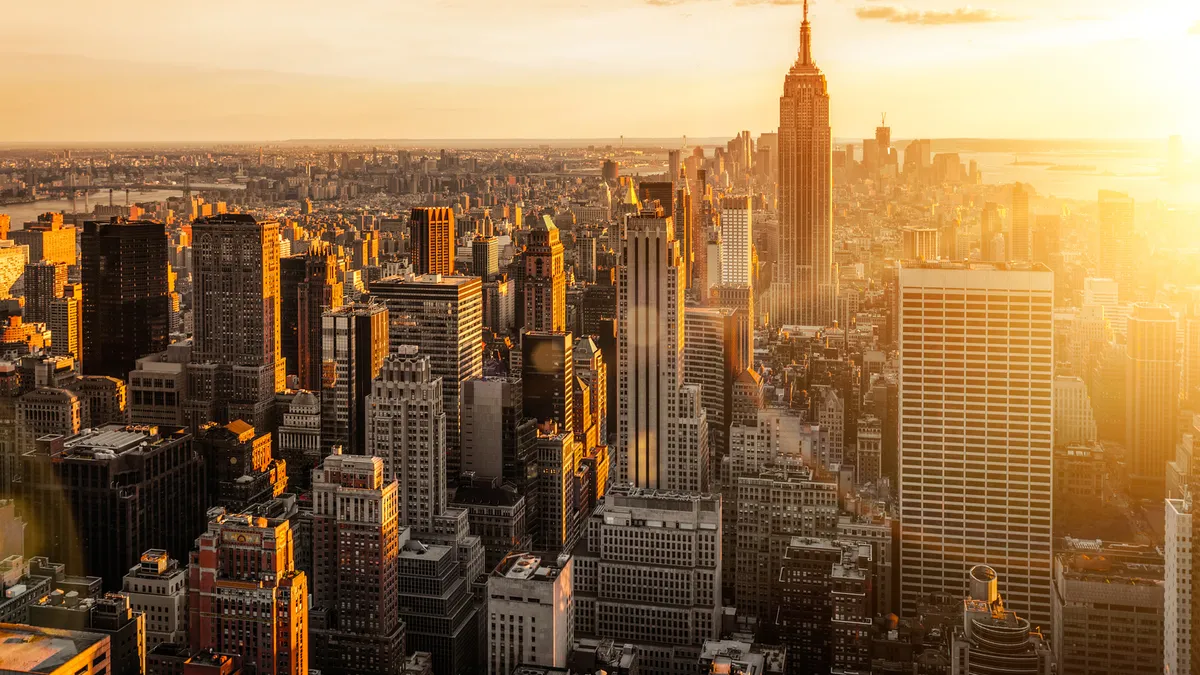Dive Brief:
- The New York Supreme Court for the County of Albany has maintained the state's ban on energy service company (ESCO) sales to low-income customers, and explicitly reminded the industry that it is regulated by the Public Service Commission (PSC).
- In December 2016, the commission halted the sale of electricity and natural gas by ESCOs to low-income customers, seeking to protect them from "unscrupulous" marketers. The National Energy Marketers Association challenged the December order, arguing the commission lacked authority.
- Energy Choice Matters noted that the court wrote it had previously determined the PSC "has the authority to establish public utility rates," and essentially forbade ESCOs from arguing otherwise.
Dive Insight:
Competitive retail providers are still unable to market to low-income customers without a waiver for a specific product. But according to Energy Choice Matters, the most notable part of the court's ruling was its admonition to the industry.
"The Court notes that it has already determined that the PSC has such authority, and petitioners are collaterally estopped from arguing otherwise," the decision reads. "The notion that ESCOs, direct offshoots of the PSC’s activity of unbundling rates ... have somehow morphed into a separate energy sector with independent rights, simply has no basis in law."
The court also determined ESCOs had been given ample opportunity to make its case. Gov. Andrew Cuomo last year called for new rules governing ESCO operations, following accusations of wide-scale overcharging. In a statement, the governor said "some ESCOs confirmed that they were not likely to provide a guaranteed savings to low-income customers."
At the end of last year, regulators opened a formal review of retail energy markets to ensure ESCOs continue to face scrutiny. Syracuse.com points out that low-income households make up almost a third of the state's gas and power consumers, and at the end of last year about 173,000 were purchasing electricity from an ESCO.















